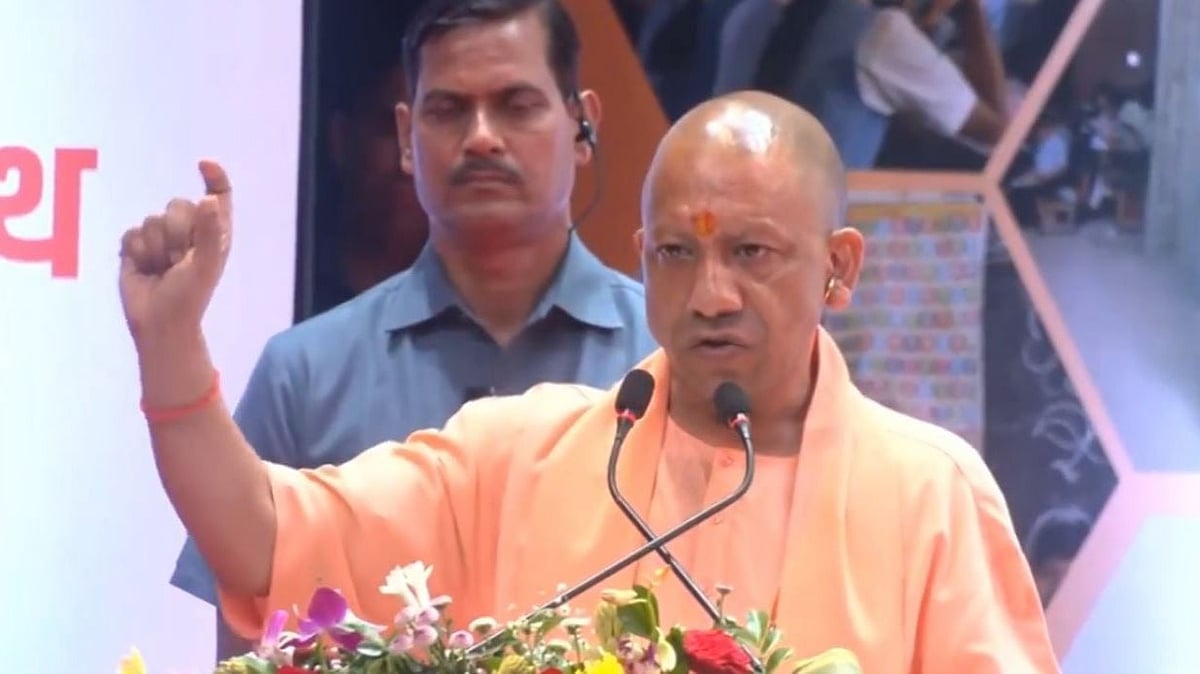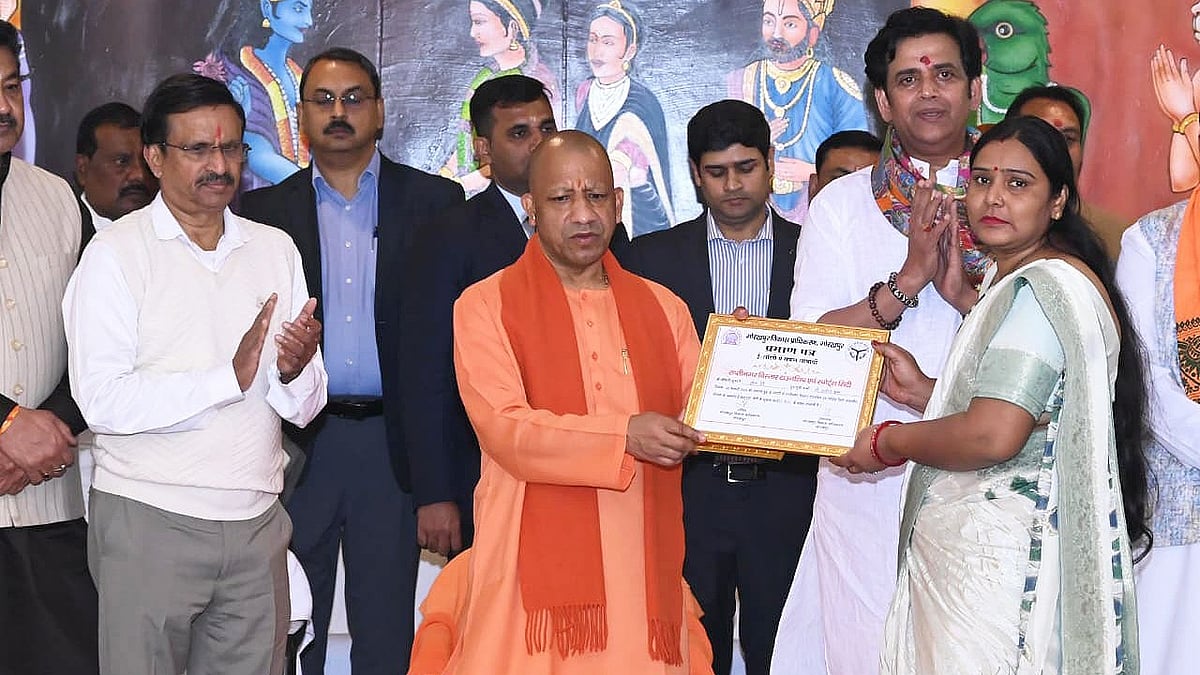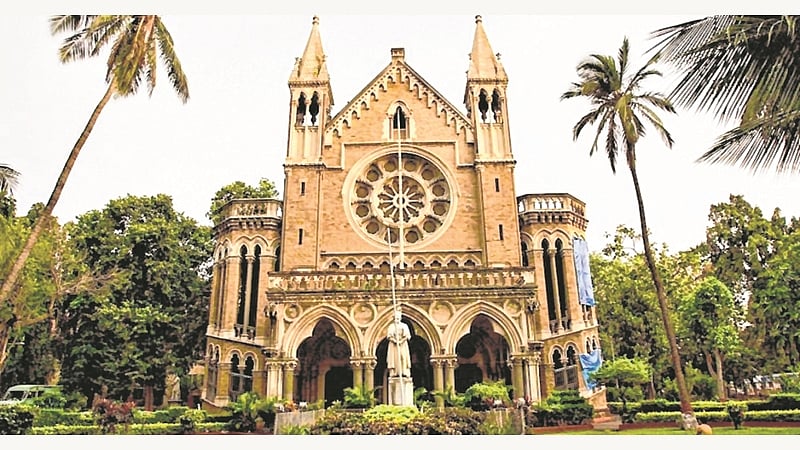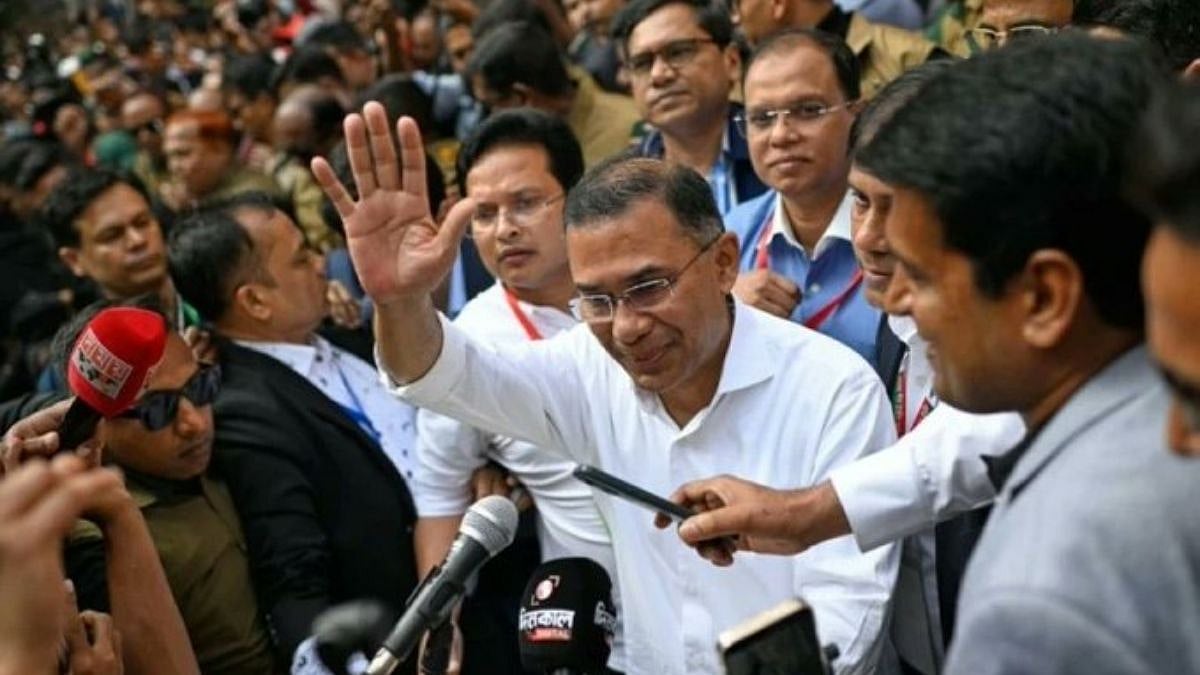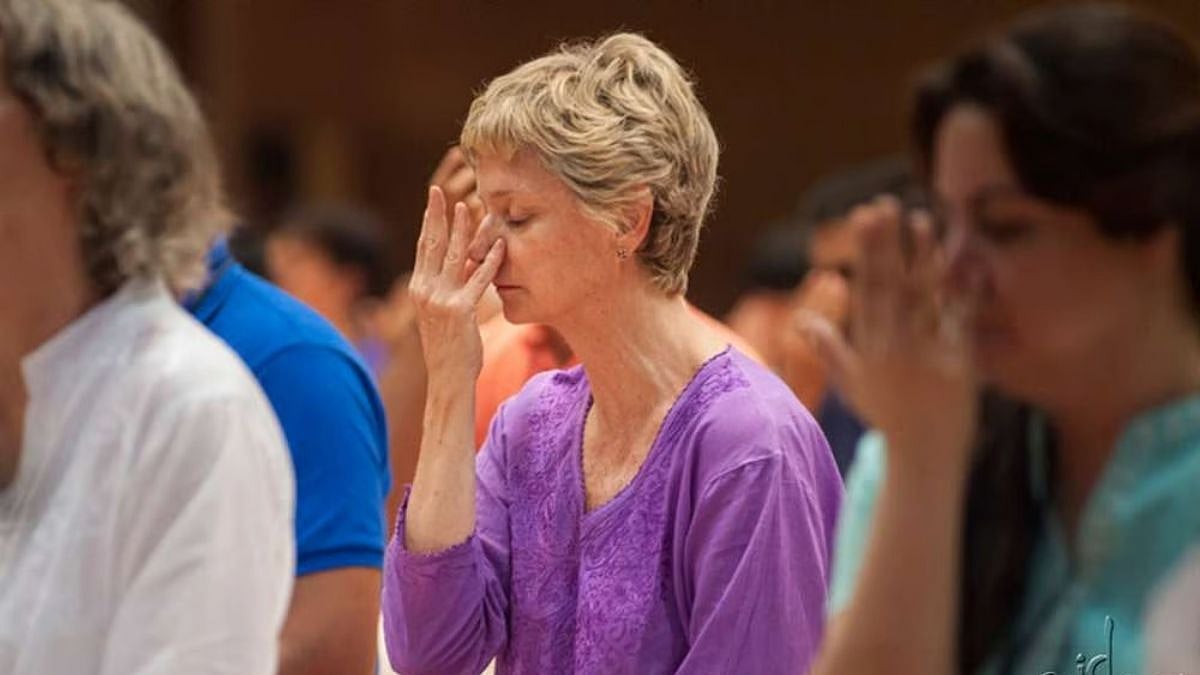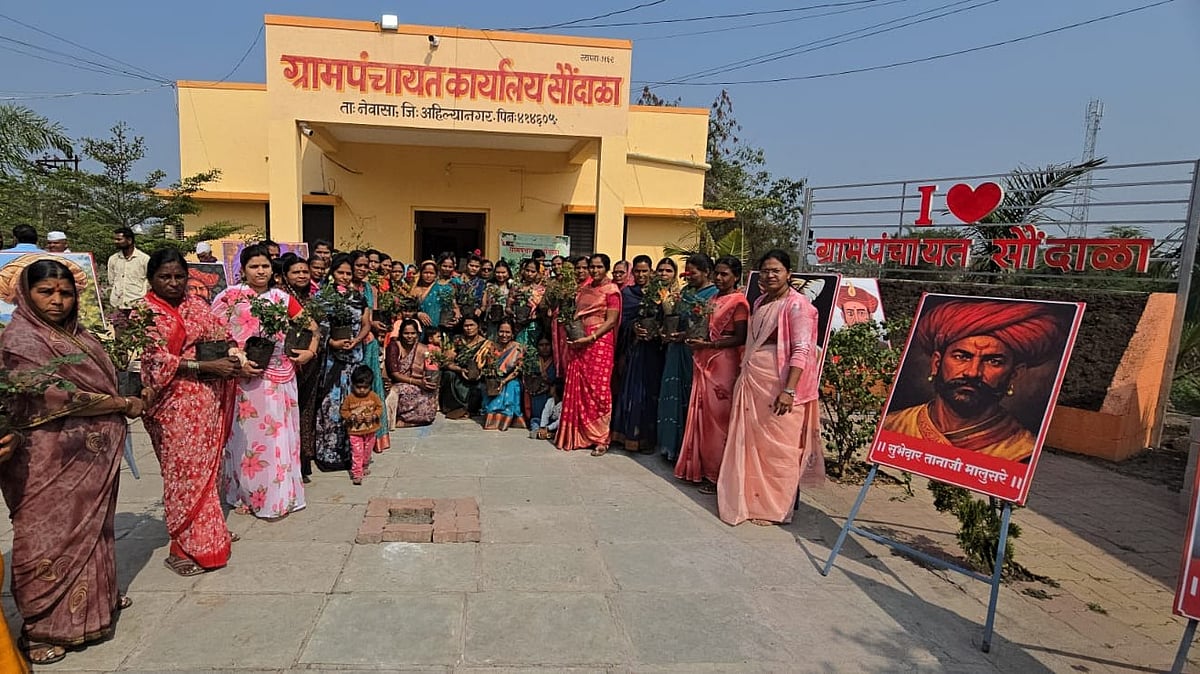Student activism in India is as old as its universities. For over a century, students have channelled their youthful zeal into large causes such as the struggle for independence, Sampoorna Kranti and Naxalism. The ongoing protest by a section of students at Banares Hindu University (BHU), however, is inspired by nothing more than bigotry.
By militating against the appointment of an accomplished scholar to the faculty of the Sanskrit department, for no other reason than he happens to be a Muslim, these students are undermining the secular nature of education and challenging the fundamentals of the Constitution. Narrow perspectives of this kind are decidedly un-Hindu.
Where does this partisan polarisation, utterly out of tune with Indian democracy, spring from? Not from the institution itself. The Vice Chancellor's role has been unexceptionable: he made it clear that BHU was committed to equal educational and teaching opportunities for all, irrespective of religion, caste or gender. After all, there are any number of Hindu faculty members at Aligarh Muslim University (AMU).
Does it have to do with the fact that the agitating students belong to the right-wing Akhil Bharatiya Vidyarthi Parishad (ABVP), an affiliate of the RSS? By all accounts, this is not the case. The RSS has backed the VC and roundly condemned the students. In the words of office-bearer Dev Pujari: “It is absurd that the BHU students are protesting against a Muslim teaching Sanskrit in their university. I don’t know what are the fundamentals of BHU and on what grounds are the students protesting, but I know that Sanskrit is for all....BHU students are on the wrong side of the issue”.
Does it stem from the same pathological majoritarian mindset that prompts vicious attacks on minorities, by so-called gau rakshaks for example? If so, the BHU VC would be justified in taking exemplary action against the protesting students. News reports suggest that the students claimed they were not averse to learning Sanskrit, as a language, from a Muslim but would not permit him to teach Hindu theology.
Why not? Are non-Muslim scholars not qualified to study Islamic theology? Or non-Jews to study the Kabbalah? To contend that those born into the abrahamic faiths (Christianity, Judaism, Islam) cannot grasp the complexities of Hindu theology is intellectual and cultural arrogance of the basest order. A search committee of eminent people headed by the VC chose Firoz Khan from among a list of highly qualified candidates. Second-guessing the committee for no valid reason is arrant indiscipline.
Society may or may not agree with student agendas. The anti-immigration movement by Assamese students gave rise to an electorally successful political party. The Hol Korob movement in Jadavpur University, which militated gainst sexual harassment, likewise found widespread support. The Jallikuttu protest in Tamil Nadu, with its strong sub-nationalist dimension, resonated across the board. By contrast, student mobilisation against the abrogation of article 370 has been significantly less successful.
Student activism as a counter to the power of the state, is both welcome and necessary. Lest we forget, Greta Thunberg, the best-known environmentalist of our times, is still in school. The very first student strike, at least in recorded history, was in 1229 CE, when students at the University of Paris boycotted classes for more than two years. They had provocation: some of their colleagues had been killed by the city guard. In its early years, academic life at Harvard University was punctuated by frequent student protests, usually centred around poor facilities. Even as the American Revolution got underway, Harvard witnessed the “Great Butter Rebellion” which began with the declaration, “Behold, our butter stinketh! Give us, therefore, butter that stinketh not”.
Several centuries down the line, students took up arms for larger causes. The student revolt of 1968 in France militated against capitalism, imperialism and authoritarianism. In the USA, students protested against war and racism all through the 1960s. And in India, the radical left took up arms against the state in Naxalbari.
Jawaharlal Nehru University (JNU) continues its strong tradition of violent dissent with the ongoing agitation, ostensibly against a hike in hostel fees. There is a political context, however. The left-oriented students' unions have been asserting themselves vis-à-vis the right-wing dispensation ever since the “sedition” controversy of 2014.
By contrast, the ABVP protest at BHU doesn't have ideological or pragmatic legs. It is untenable and therefore does not resonate with the student body. Something stinketh and it's not the butter, but the flawed agenda of the protestors.
The writer is a senior journalist with 35 years of experience in working with major newspapers and magazines.
She is now an independent writer and author.



